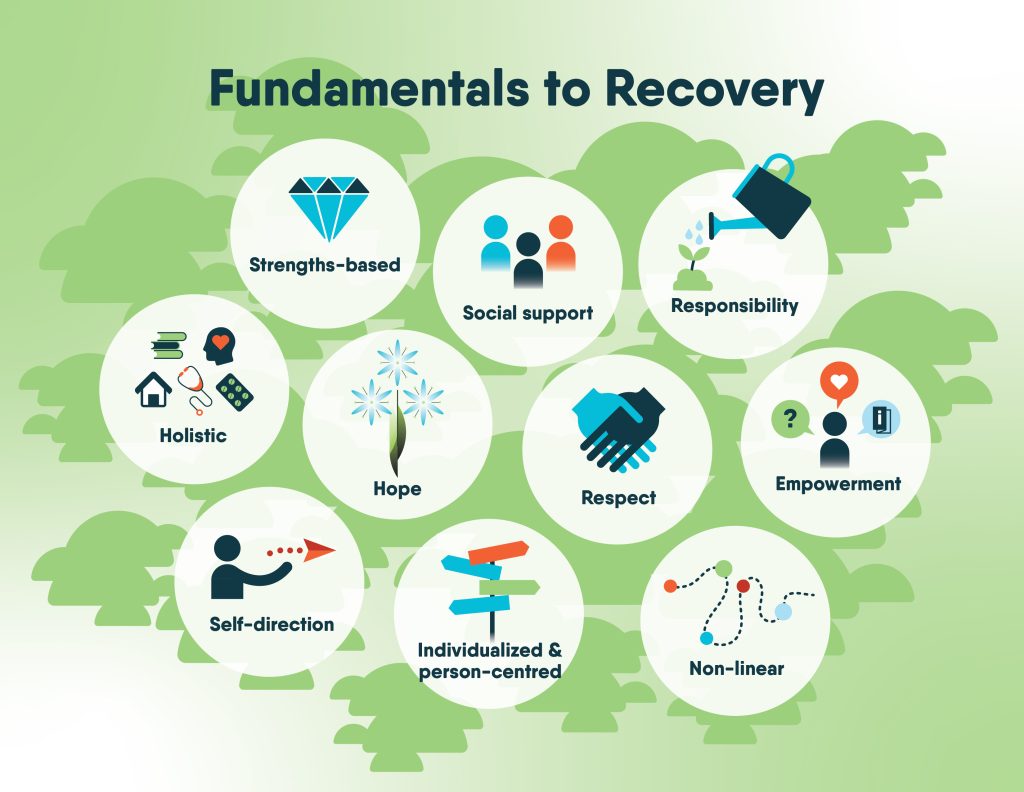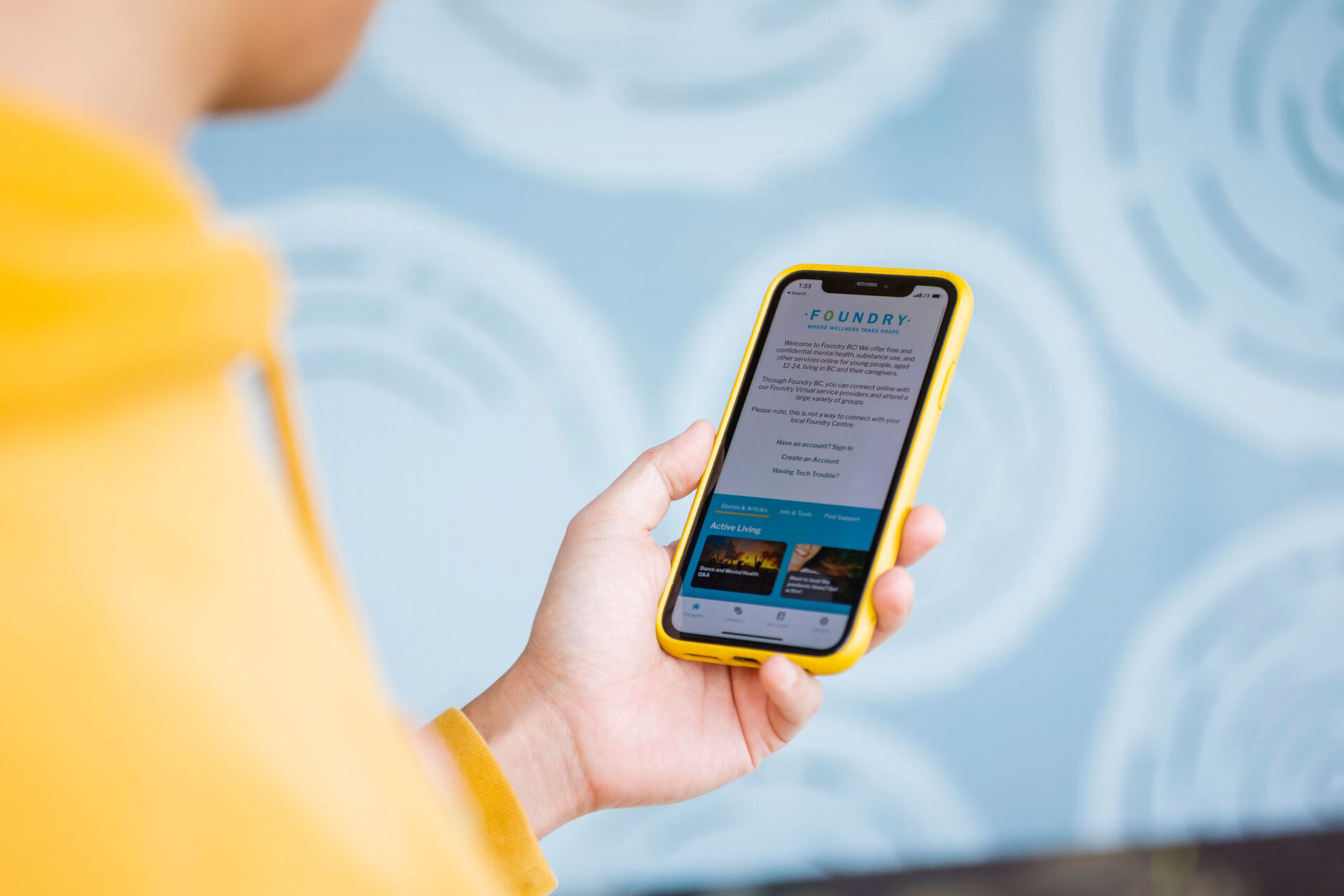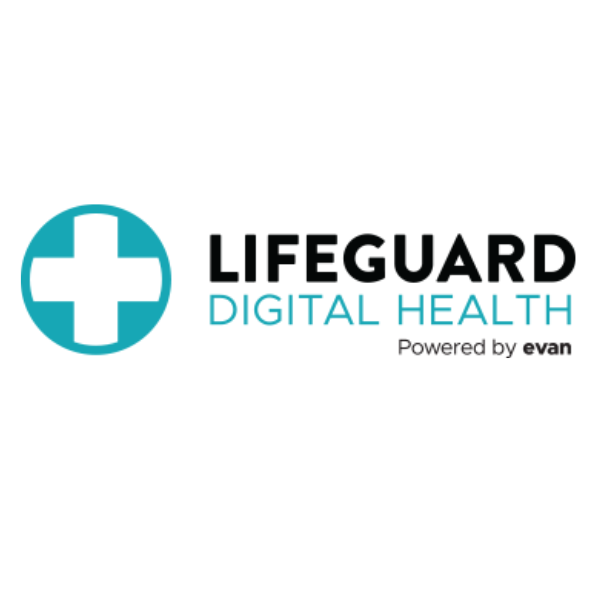Recovery may look different and vary from person to person – everyone has their own version of recovery. Here are 10 basic parts of the recovery journey:
1. Holistic. Healing isn’t just about feeling better physically. It’s also about your mental, emotional, spiritual and social well-being. It’s about feeling better in all areas of your life, including:
- housing
- relationships with friends and family
- connection to community
- education and work
- finding meaning and purpose in life
- treatment for your mental and physical health
2. Strengths-based. Part of recovering is focusing on what is working in our lives — our resilience or ability to deal with challenges. Focus on the positive relationships you have with friends and families. Remember your skills and abilities and the people that help you get through difficult times.
3. Social support. It is important to get encouragement, support and a feeling of belonging from our social groups – our friends, family, teammates and mentors. But everyone is on their own unique journey. It is about having people around you who believe in your abilities and are there to support you. These connections and relationships remind us that we are important and matter to others.
4. Responsibility. You are responsible for yourself and to others. Understanding how being responsible for one’s actions and decisions is critically important in the process of maturity. Deciding to place importance on one’s own self-care is transformational and liberating for a young person in their recovery journey. Adopting healthy coping strategies helps us deal with life’s challenges.
5. Empowerment. We need to be involved in any decisions made about our lives, but also have a support system to help us to do this.
6. Respect. We all deserve to be treated with respect and without bias or stigma, while honouring our journey and efforts in the recovery process.
7. Hope. Having hope is what keeps us motivated to make positive changes. It’s also what helps others in our lives encourage us in that growth.
8. Self-direction. We need to be independent and have control over our own path of recovery.
9. Individualized + person-centred: What helps each person is different. It is based on our race, class, culture, preferences and other life experiences. You are the expert of your own experience, and you deserve to have a voice in your treatment and recovery. We all can learn what we need and how to have our needs met in all areas of our lives.
10. Non-linear. A path to recovery can be like a twisting mountain road. It is not a straight line forward. For substance use, that means you may make progress, then relapse, then get back on your journey. This may be part of your process.








